The WR Bill, as the Opposition remarked, was again the old Congress drink in a new BJP bottle except for its name. Interestingly, there was no vehement reaction to it like the previous occasion. Then a large section of the MPs had rejected it because they (perhaps rightly) feared that upper-caste, city-based urban women libbers - bal kati aurate in the uncanny words of Lalu and others - would hog the advantages of the reservations, and the really marginalized women who are both socially and economically backward would continue to languish in hunger, poverty, and social discrimination.
To borrow from Shakespeare, the Opposition’s anxious cacophony over the Special Session of Parliament proved to be ‘Much Ado about Nothing’! The Common Civil Code was not mentioned at all and the speculation over hurried passage of the ‘One Nation, One Election’ legislation-at least the introduction of a bill to that effect-also proved premature. The media are full of pictures of NaMo, Sonia, Kharge et al smiling together: some relief in the unnecessarily strained relations between the top leaders of the country. Let us hope and pray that this cordiality will not be short-lived.
The very fact that this was only the eighth special session in the 71 year life of our parliament shows that it is a rare occasion. The first session on August 14-15, 1947 was special because it inaugurated parliament and for Nehru’s Tryst with Destiny address. Accordingly the sessions in August 1972 and 1997 were special because they marked the silver and golden jubilees of this august house. Similar commemorative sessions were held on Aug 9,1992( to celebrate the golden jubilee of the Quit India call by Gandhi) and on November 26-27, 2015 to mark the 125th birth anniversary of Dr Ambedkar. Only two special sessions-one on November 8-9, 1962 to discuss the China war and another on June 30, 2017 to discuss the GST- conducted some serious business.
The just concluded 8th session can be called both commemorative and path-breaking because of the adoption of the Women’s Reservation (WR) Bill by both houses almost unanimously: with just 2 dissenting votes in the lower house. The diligence shown by NaMo et al in this matter was surprising yet commendable. While the first day was warm and nostalgic about the parliament sessions that were held in the old building with NaMo sweet-talking and appealing-as is his habit- from his heart to usher in a new era in the new building the cabinet passed a resolution to introduce the WR bill in the LS on the next day. Its intent to get this bill through both houses was evident and all speculation over what would happen in the special session meekly subsided. The Opposition’s frustrated guesswork about the course of action In the special session ended without a whimper though it had started with a bang. They had to tow the line now and fall in. Luckily, this WR bill was not much different than the one introduced by Congress decades ago and attracted similar concerns and questions mainly over OBC quota. Those in power then got kudos for introduction of the bill and those in power now congratulated themselves on seeing it through with gusto. It was win-win for both.
Yet only on the face of it?
In retrospect this was a NaMo event in theory and practice. He made six speeches in four days. Suffice it to say that he served the same potion in different bottles which served as a stimulant for some and had a soporific effect on some others. He talked and talked to both Houses formally (there are reports in the press that even BJP MPs were not focused when he was waxing eloquent. Should we blame them? I feel that we should rather pity them for their iil fate: having to hear NaMo out!) and was all sweenesst -to the degree of saturation- in informal chats in the new House. True, some limelight was hogged by the Anurag Thakur imported Bollywood actresses, but they were eulogizing the WR Bill and NaMo all the time. ISRO scientists who had created history on the moon were conspicuous by absence; so was even the President of India (Bharat now?) who had been forced to share the G20 Summit limelight with NaMo. The new parliament building was open to ‘chosen’ members of the public who would ogle at NaMo by habit.
Read Also : Megalo-Modia: India’s Critical Blight! - Vinay Hardikar
The WR Bill (I don’t like the highly sanskritised name that it has been burdened with), as the Opposition remarked, was again the old Congress drink in new BJP bottle except for its name. Interestingly, there was no vehement reaction to it like the previous occasion. Then a large section of the MPs had rejected it because they (perhaps rightly) feared that upper-caste, city-based urban women libbers-bal kati aurate (hair cropped women) in the uncanny words of Lalu and others- would hog the advantages of the reservations and the really marginalized women who are both socially and economically backward would continue to languish in hunger, poverty and social discrimination. The other point of criticism was that as things stood at that time only the women from already established political families would get tickets and they would be pillion driven essentially by men –the Lalu-Rabadi Devi formula. This fear too was not without substance. And the consensus was that such a bill would have to wait till its historic moment arrived.
Has it arrived now?
The last occasion was almost two generations back and some of the anxiety then felt should be set aside. Two generations in a country as populous as ours mean a few crores of both men and women must have been empowered during the three decades. With the added emphasis on policies aimed at women empowerment both at the national at state levels and judging by the increasing number of women successful both in UPSC and MPSC (for Maharashtra) selection examinations the fear that urban feminists will hijack WRs is not credible any more. The number of women in various professions is also on the rise.
Moreover this is only the beginning of WRs. A lot of questions need to be answered before that. A whole herd of cows has to come home! Some time will be lost in the formality of the legislation receiving the President’s nod. It is certain that the impending elections to state assemblies will not be conducted under this new act but will testify to its impact on the electorate in general-women voters in particular.
It is also doubtful that the WR Act will be in force in the Lok Sabha elections of 2024 if the issue of providing reservations for OBCs within the general reservation of 33 per cent is to be resolved to the satisfaction of most(never possible to satisfy all in a democracy!). There are two views on this: to continue with the last census and go ahead with the WRs in 2024. But this will not be acceptable to a large section of OBCs who have been demanding a fresh Census which will be reliable to judge the number of OBCs overall and the number of OBC castes. A large number of supposedly marginalized groups is clamouring for OBC status all over the country. The primary data used by the Mandal Commission needs to be updated. The point is reasonable but time consuming: a national census will take its own sweet/sour time. (OBC politics and the anomalies it creates in policy making and implementation is going to be with us for a long time: more on that in a separate column.)
I have an irksome feeling that this exactly what NaMo and BJP want for the next general election. While they flaunt the glory of getting WR Bill through both houses in record time they want it to remain in the air and not touch the ground. The same strategy, I suspect, they are following on the other two much feared issues which the opposition thought would dominate the Special Session: Common Civil Code and ‘One Nation, One Election’. The talk of both has been carefully stage managed to keep a large section of the Hindu vote on the side of BJP and keep the Opposition (following Mao’s ‘Struggle, fail, struggle again’ dictat to the word!) totally at bay. In fact this has been the NaMo-BJP style ever since they came to power. They provide lip service on immediate crucial matters (North-East hamare kaleje ka tukda hai etc) and keep a progressive face (the 3 farming related laws of some years back for which they were never serious about implementation) and keep some long standing vote catching issues floating in the political air.
Finally, the moot question: will the guaranteed presence and participation of women in all houses of representatives change the quality of our in-House(!) politics and bring some poise, decency, elegance and restraint to the proceedings or will women outdo men in unruliness? Only Time, when it comes , will answer that.
- Vinay Hardikar
vinay.freedom@gmail.com
(The writer has been working in the public sphere of Maharashtra for the last five decades. His versatile personality has several dimensions, but the primary ones remain to be that of an established writer, journalist, editor, critic, activist, and teacher.)
Tags: Narendra Modi One Nation One Election Vinay Hardikar English Articles Bharat INDIA Soniya Gandhi Sanatan Load More Tags

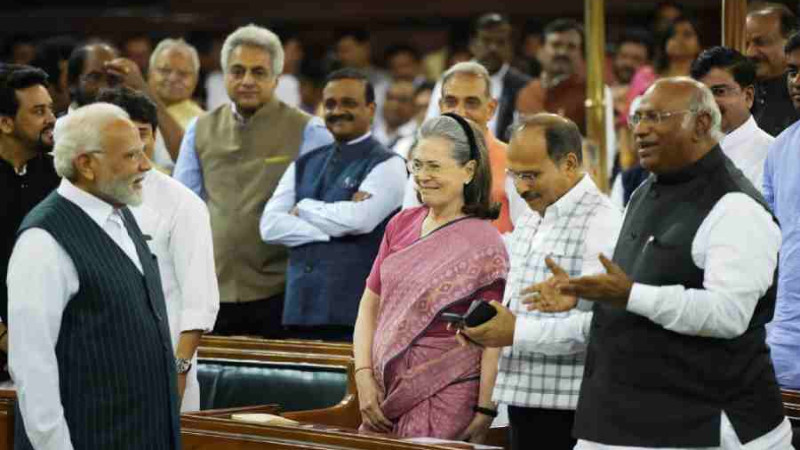

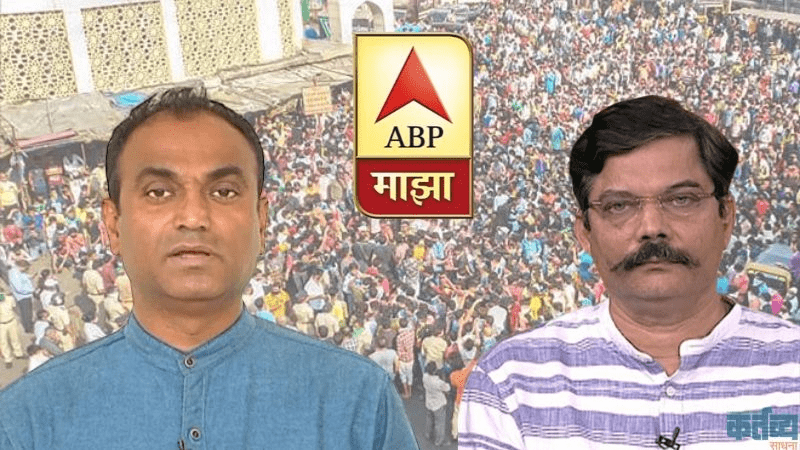
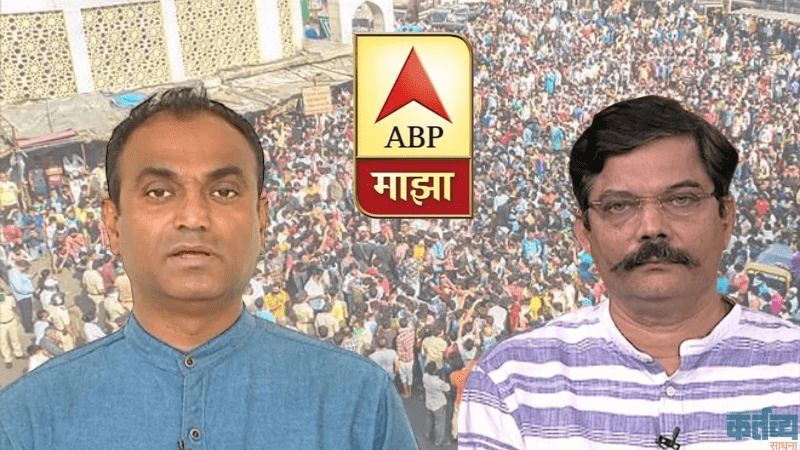
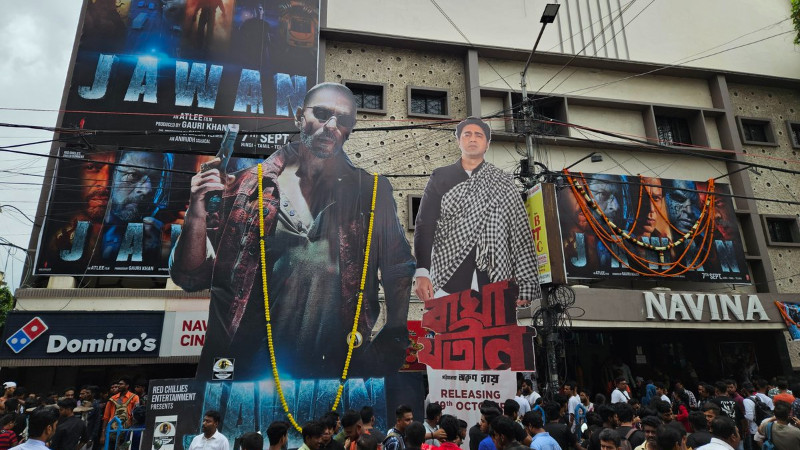
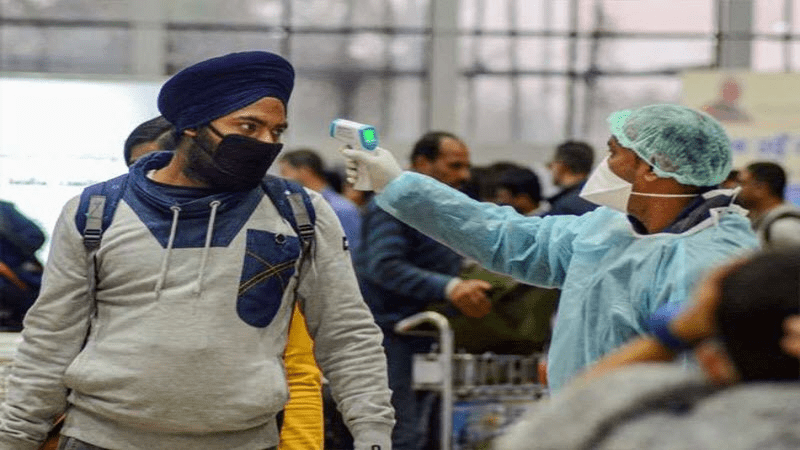
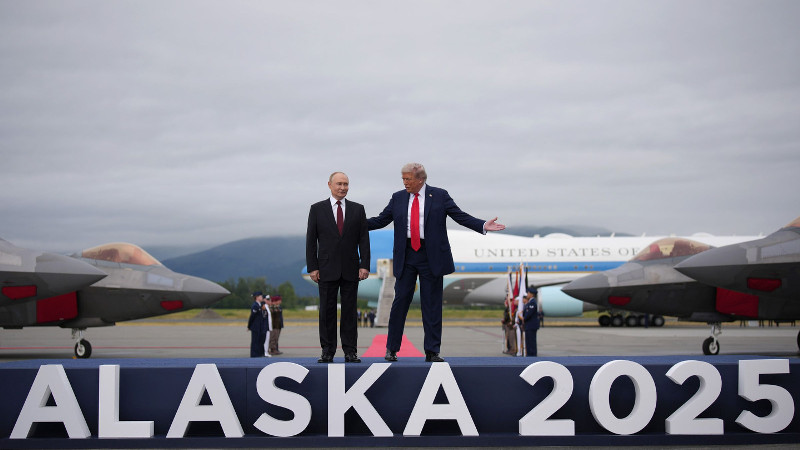
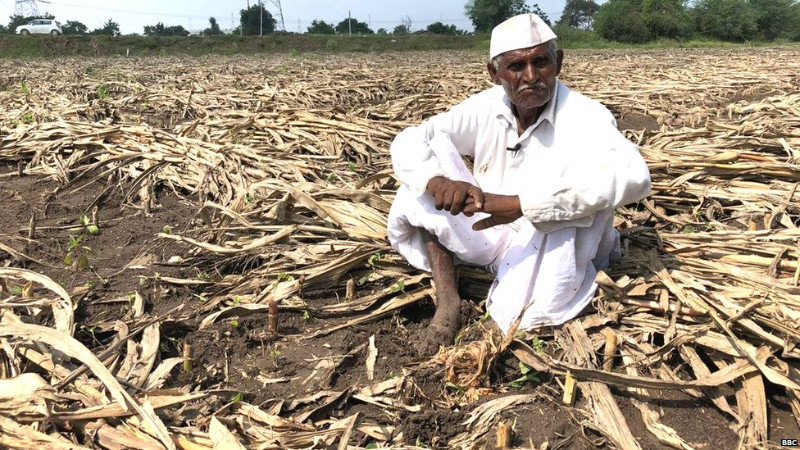
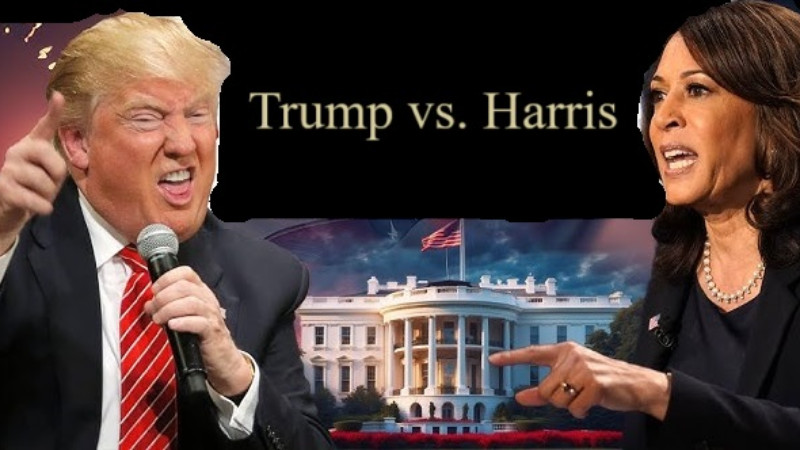

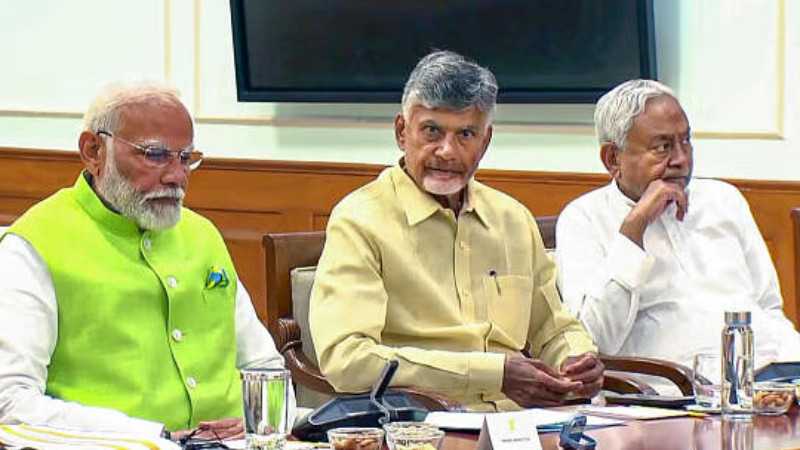
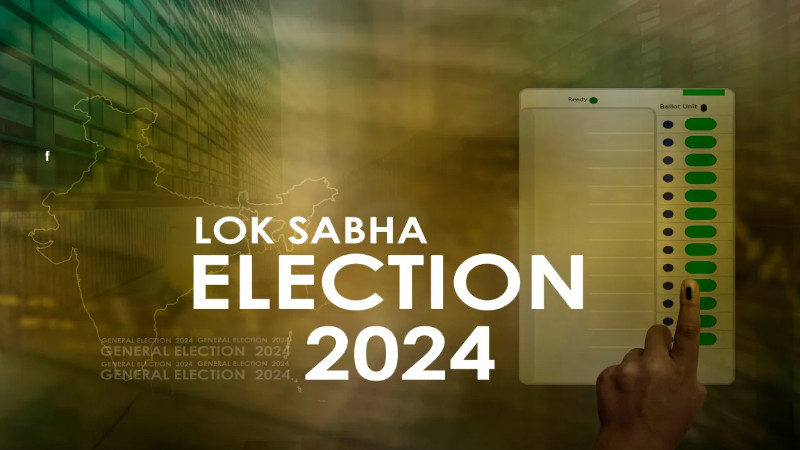
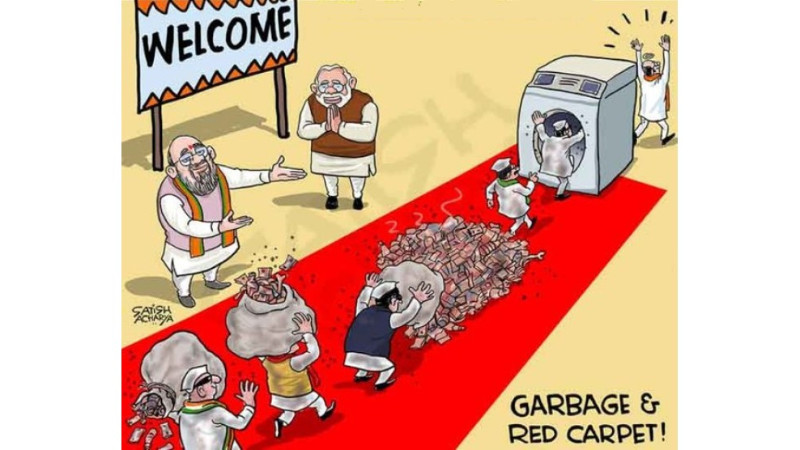
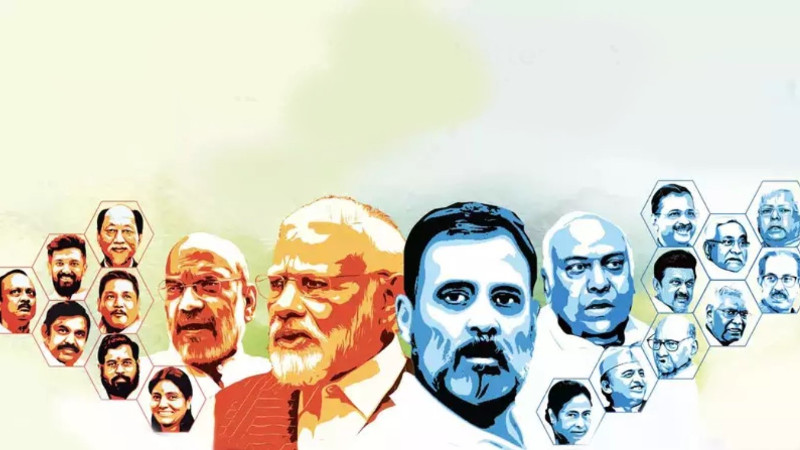
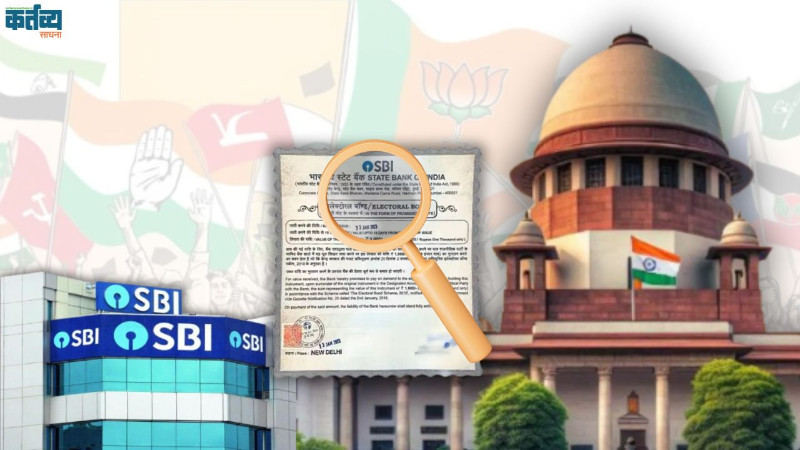
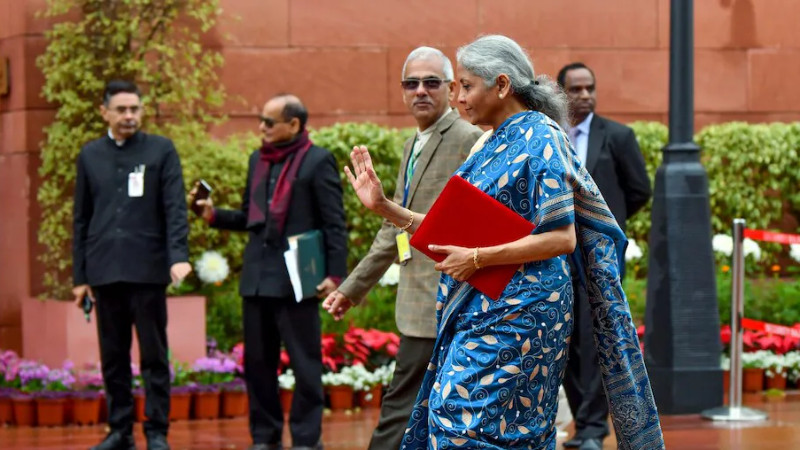
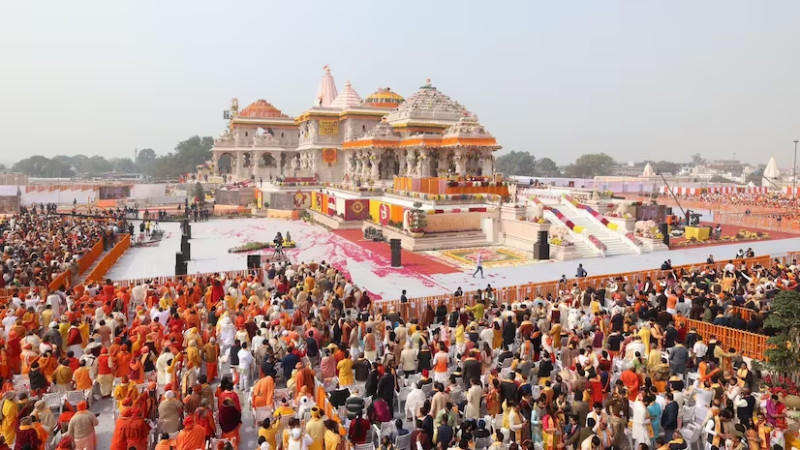
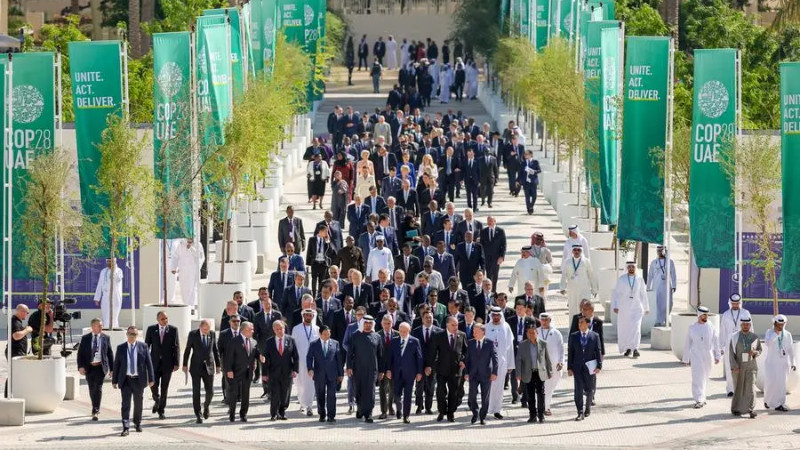

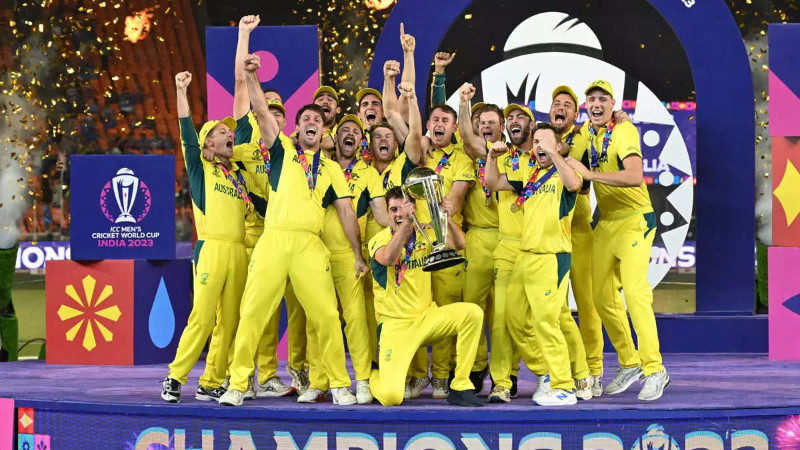
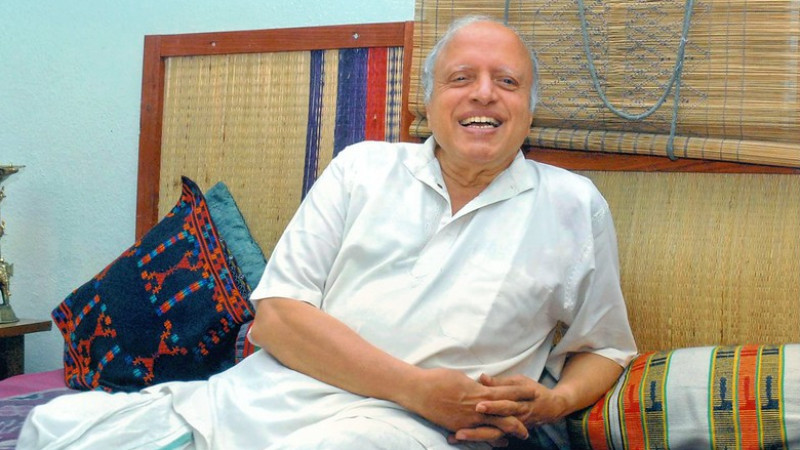
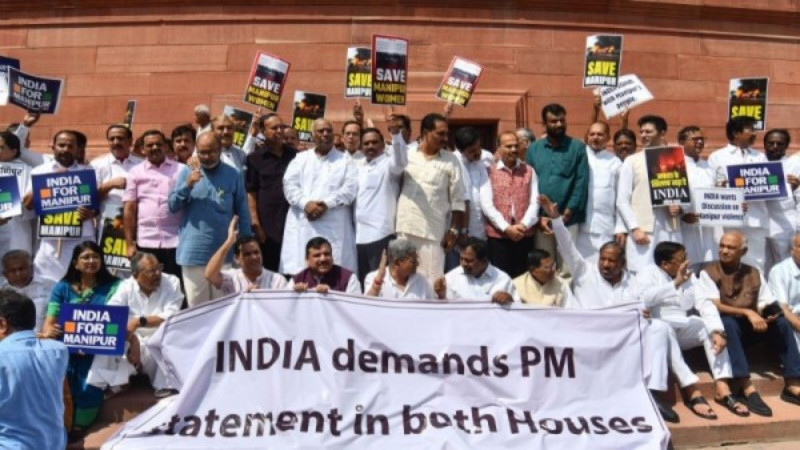
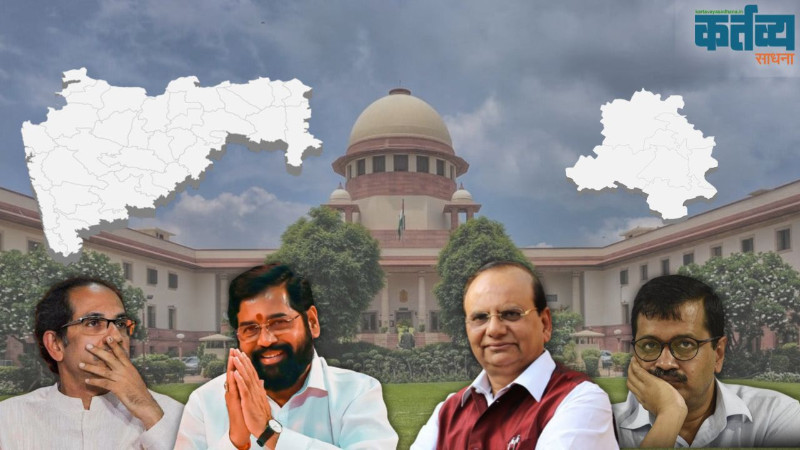
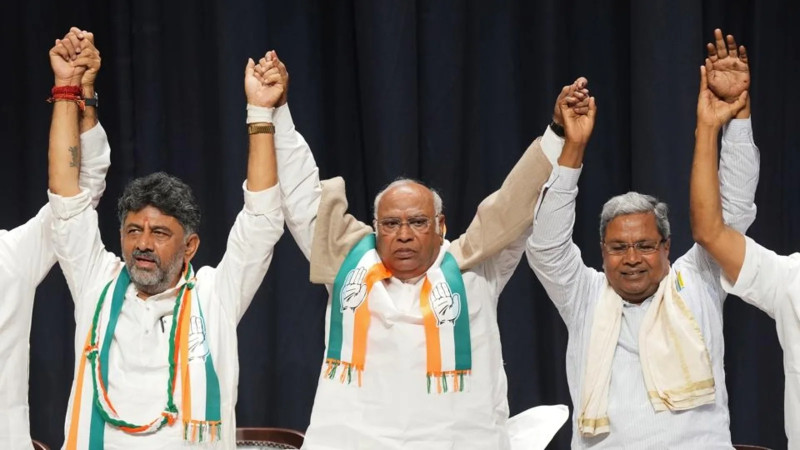

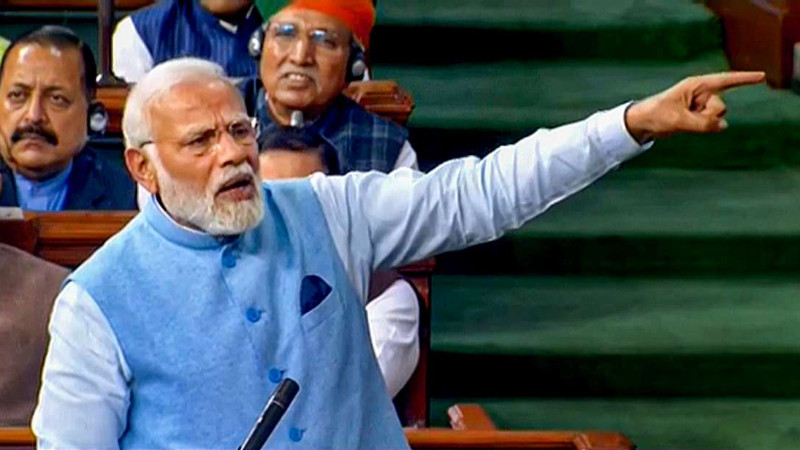
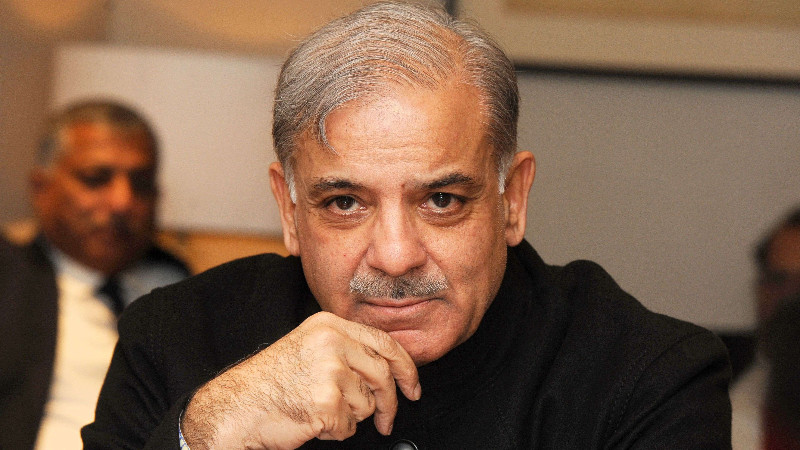

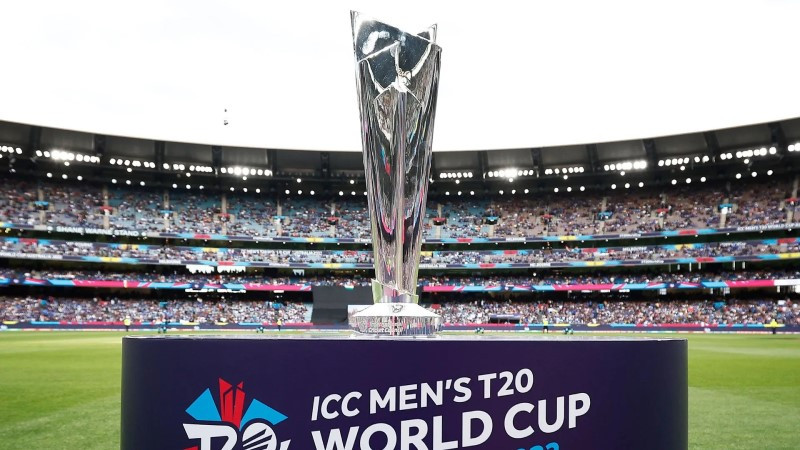
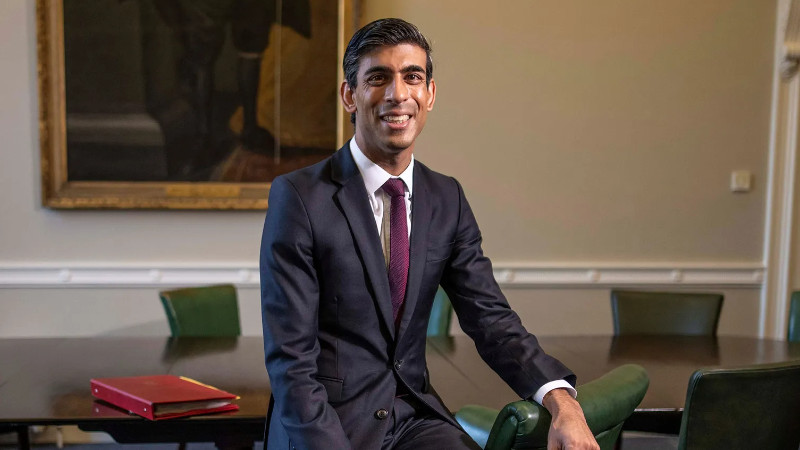
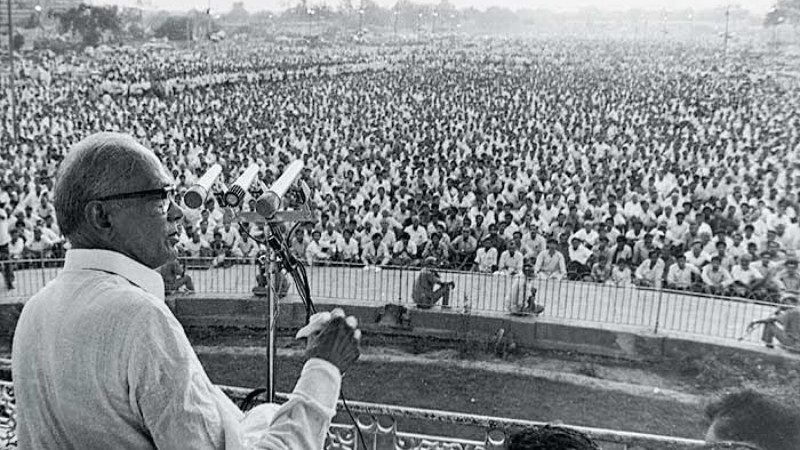

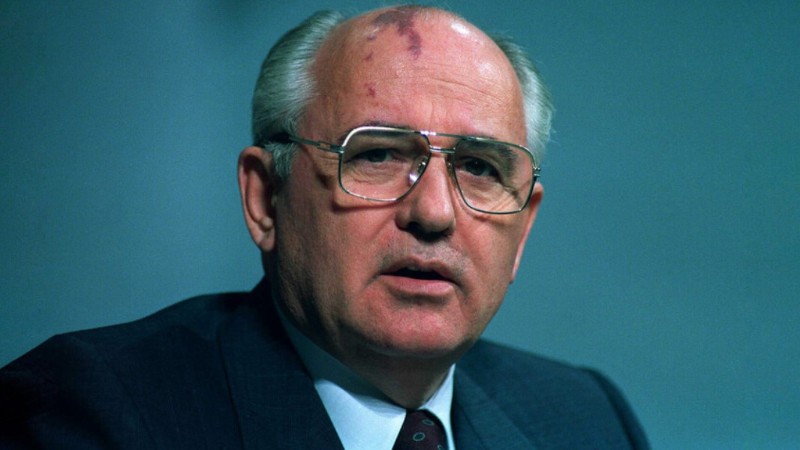
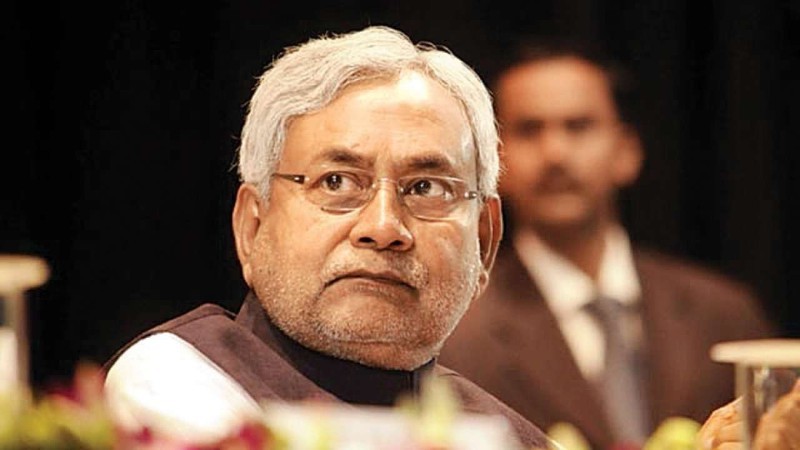
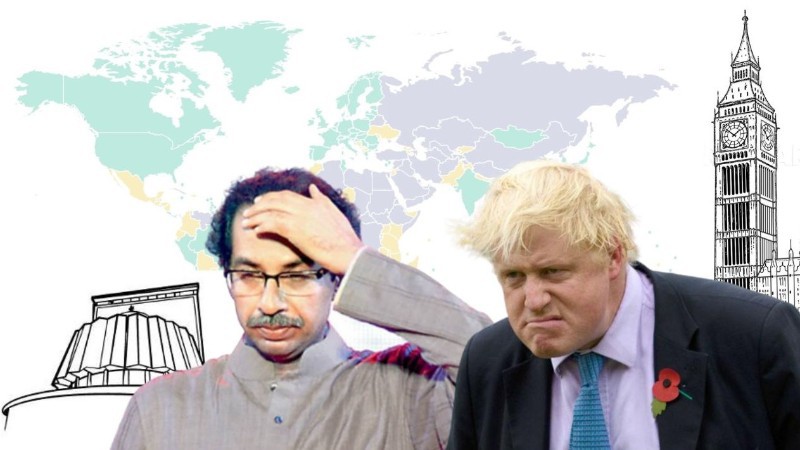
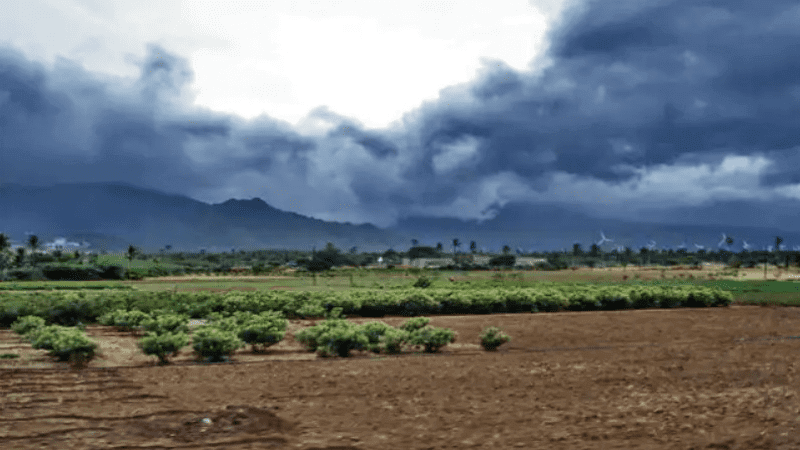
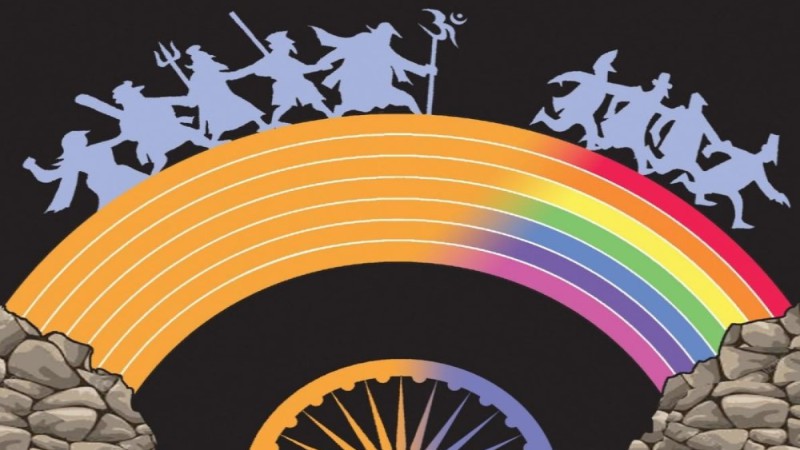
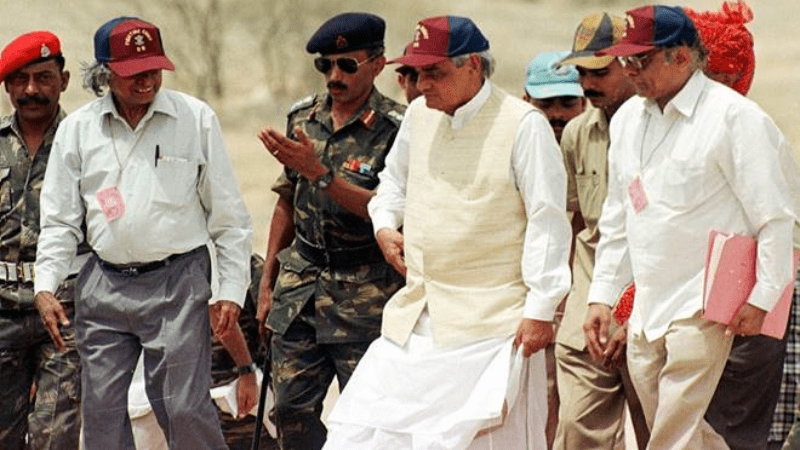
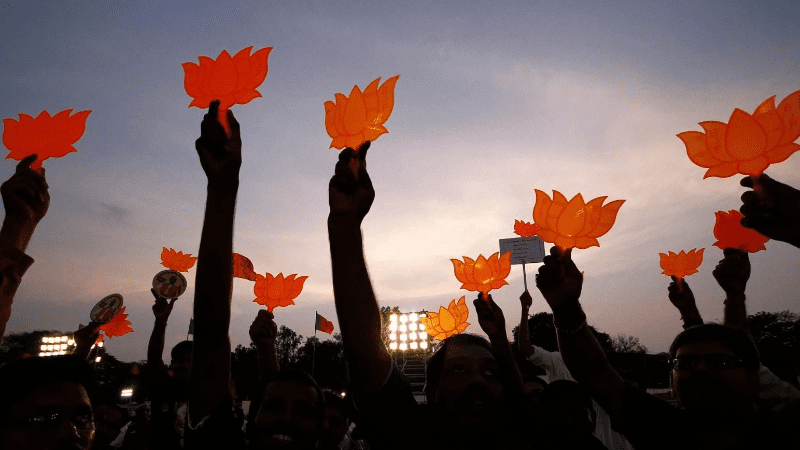
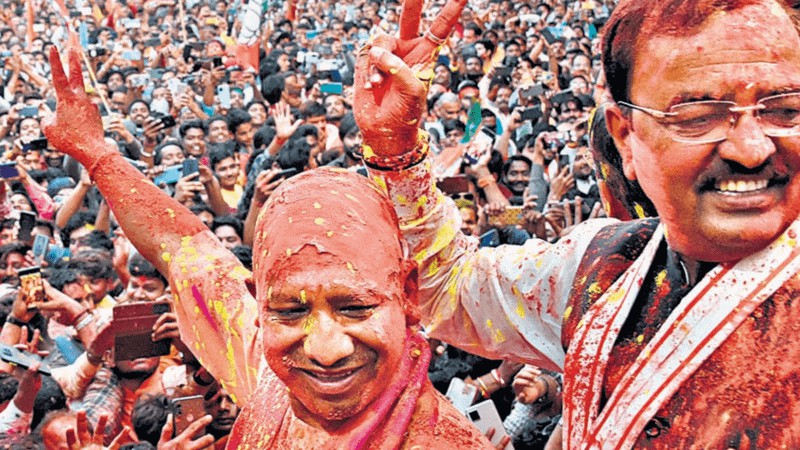
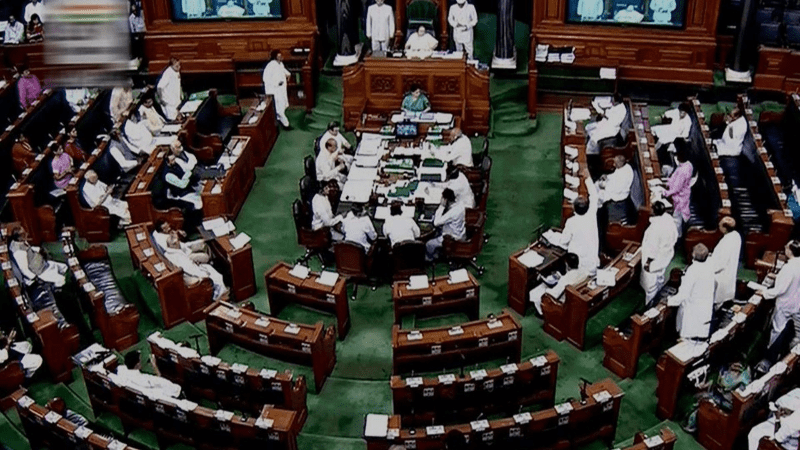
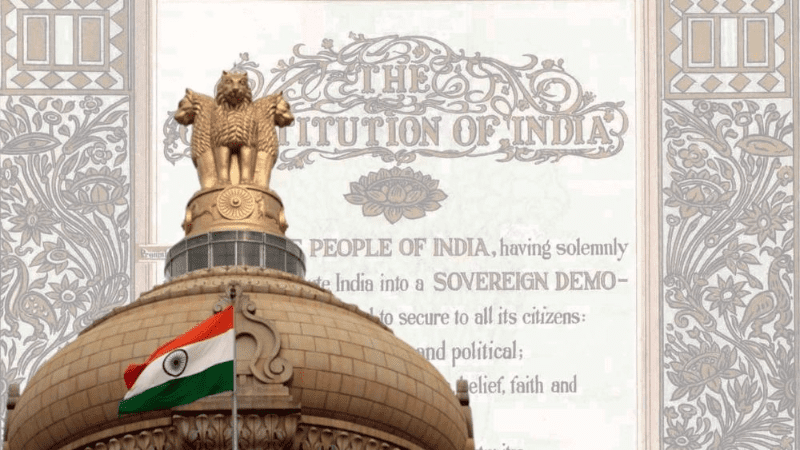
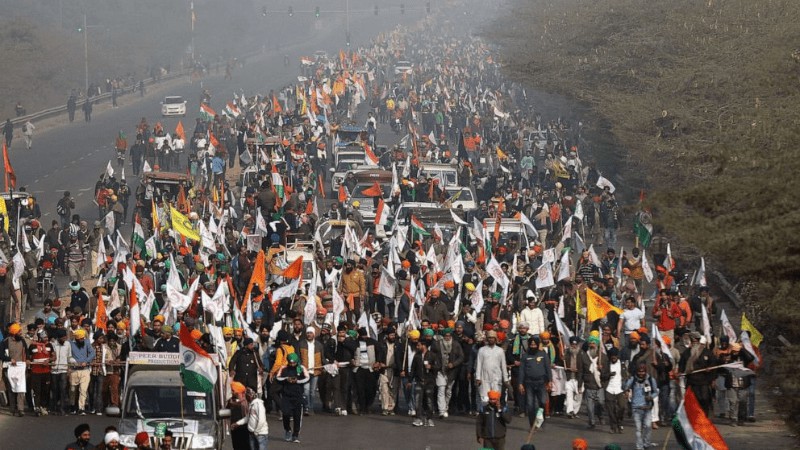
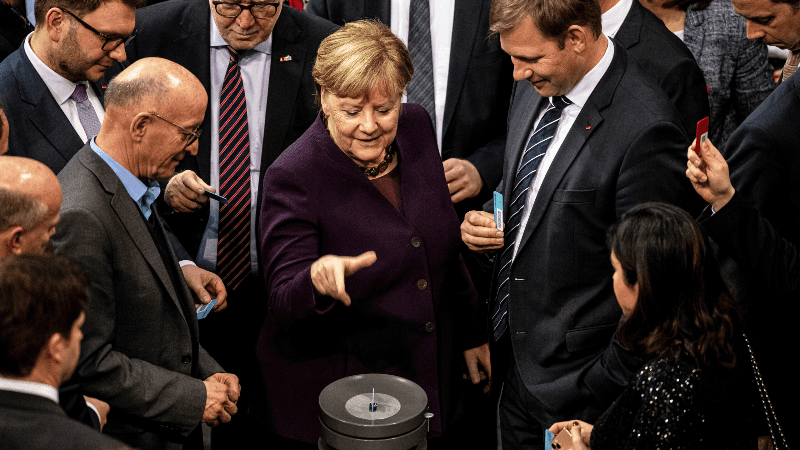
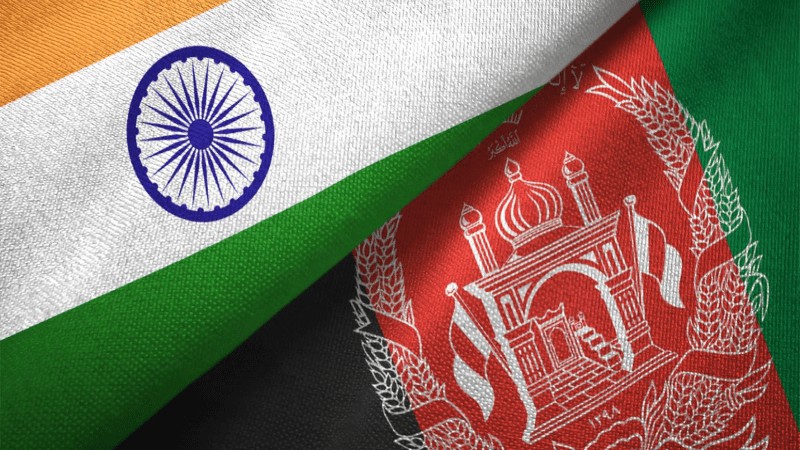
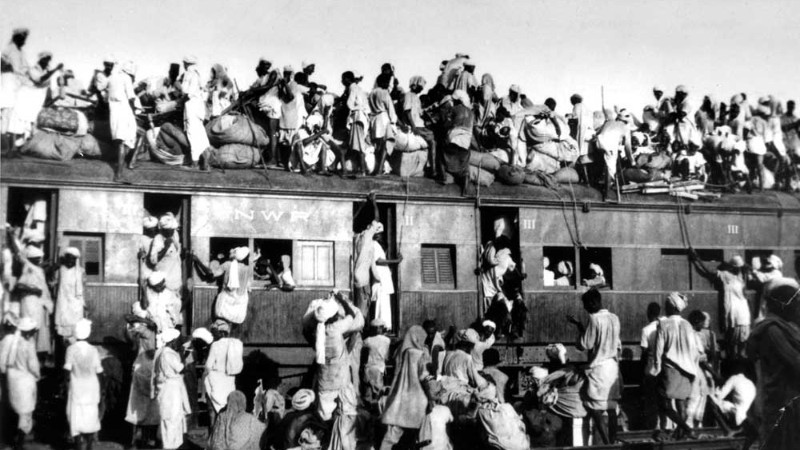
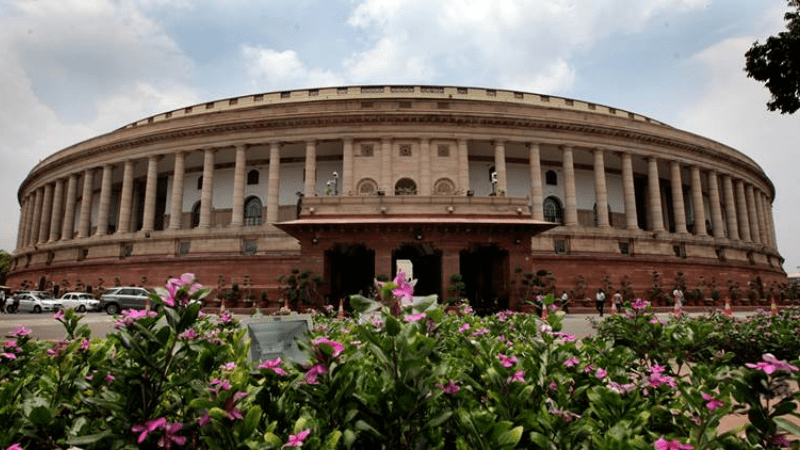
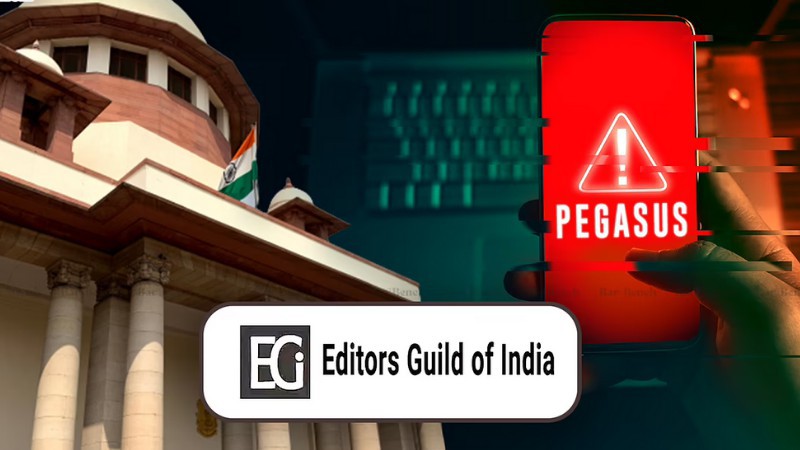
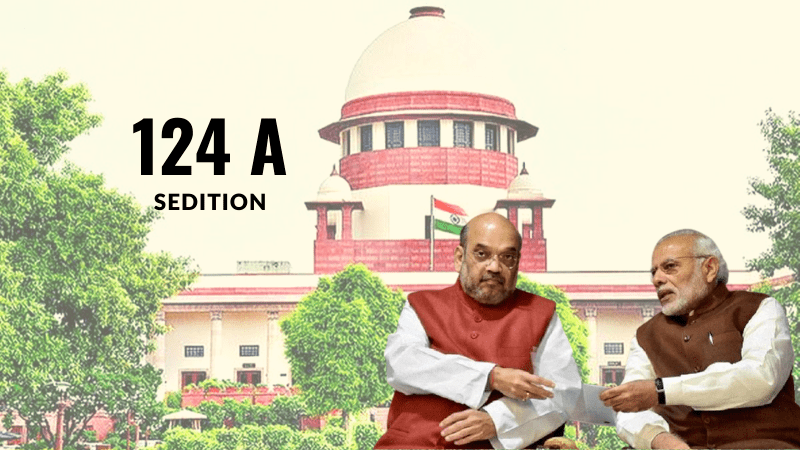
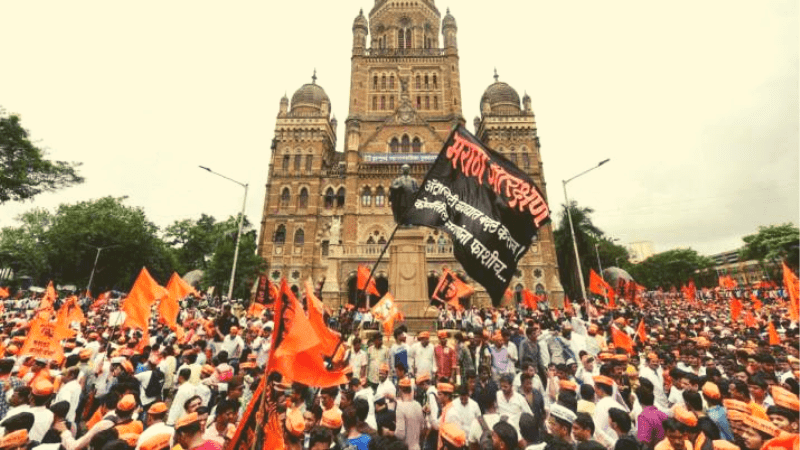
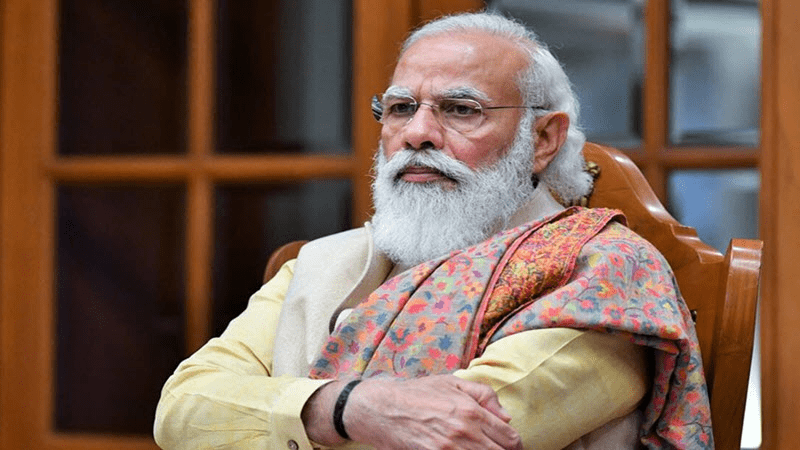
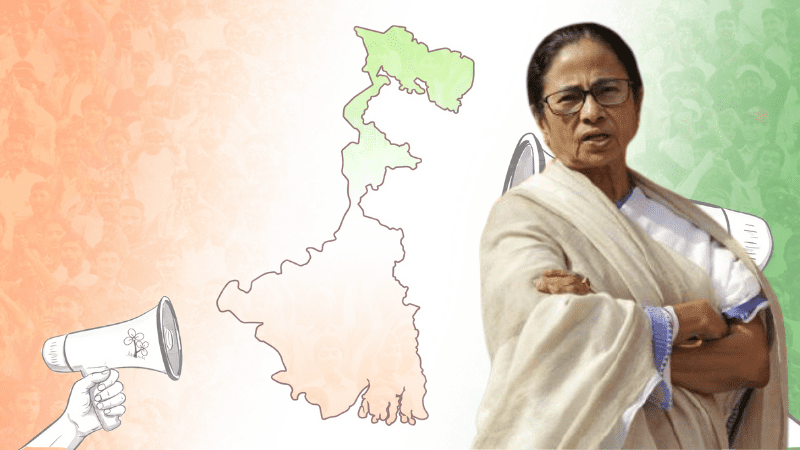
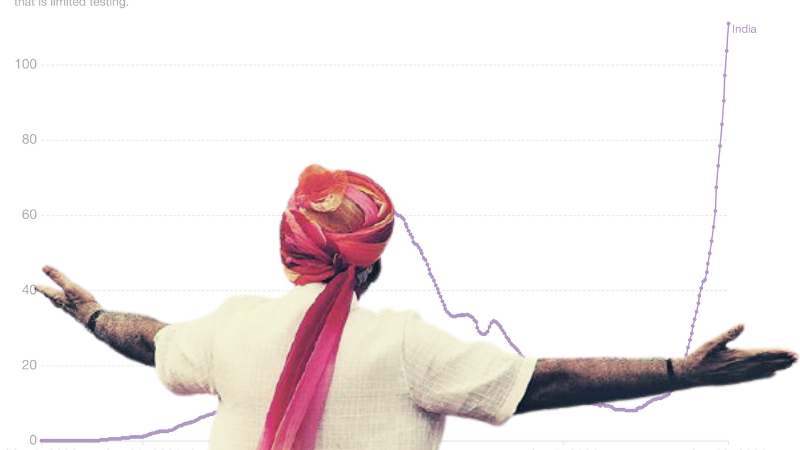



























Add Comment